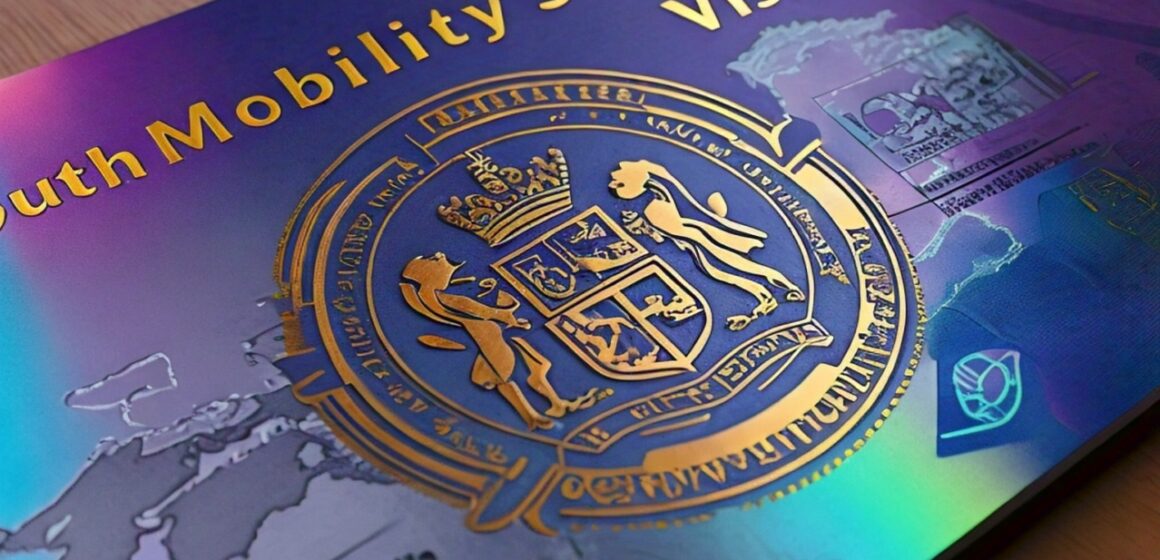Travelling, working, and studying abroad have always been popular among UK youth. Travelling to Europe was simple for them before Brexit. In EU nations, they could live, work, and study without problems. But with Brexit, circumstances evolved. The regulations tightened. The opportunity for many young British people to live and work in EU nations has rapidly diminished.
There’s good news now. The EU is prepared to make concessions to the UK. This compromise may enable young people to return to work and travel throughout Europe.
1. What is the Youth Mobility Scheme?
The Youth Mobility Scheme (YMS) is a special agreement between two countries. It allows young people, usually 18-30, to live, work, and travel in another country for a limited time, usually one or two years.
The UK has a Youth Mobility Scheme with Australia, Canada, and Japan. Under this scheme, UK youths can travel to these countries, work, and explore the culture without a long visa process. In exchange, young people from these countries can come to the UK, too.
The Youth Mobility Scheme is an excellent way for young people to:
- Experience new cultures.
- Learn new skills.
- Gain work experience abroad.
Read more here: https://www.gov.uk/youth-mobility
2. How Did Brexit Change Youth Mobility?
Brexit gave young people in the UK “free movement.” Without a visa, they might enter any EU nation and live, work, or study there with little difficulty.
Nevertheless, Brexit ended unrestricted migration between the UK and the EU. It is now more difficult for a young person in the UK to travel to an EU nation for employment or education. They require visas, documents, and time-consuming paperwork. They also need extra authorisation.
Many young Brits felt disappointed about this move. They no longer have easy access to numerous Erasmus+ and other European initiatives. It aided students who went and studied overseas. Today’s youth look forward to fresh opportunities to revisit Europe.
3. The EU Wants to Compromise
The exciting part is here: the EU is prepared to discuss youth mobility with the UK. The EU must maintain ties with young people because it recognises they are the future.
Germany is among the EU nations that wish to facilitate young British nationals’ travel to Europe. They are prepared to work on a special agreement to open new doors for young people to live and work in the EU.
This agreement was less significant than free movement before Brexit but was a positive development. The European Union aims to reach a mutually agreeable settlement.
4. What Are the UK’s Concerns?
EU is prepared to make concessions. The British government is dubious and worried.
The first is the immigration problem. There are concerns in the UK. If restrictions on young British travellers ease, more EU nationals may visit. The UK administration does not want to undo Brexit.
Second, politics is a significant factor. Keir Starmer, the prime minister, and his administration wish to honour the Brexit decision. The administration wants to avoid seeming to reverse Britons’ decision to leave the EU. Thus, they are exercising caution in these discussions.
5. The Key Parts of the Negotiations
The Youth Mobility Scheme is part of UK-EU talks on trade and defence.
The UK could use the Youth Mobility Scheme to enhance agreements in other fields. The UK may demand better trade terms or security cooperation in return for accepting the mobility agreement.
Everybody is looking for a balance that benefits them both. One reasonable middle ground is the Youth Mobility Scheme. It keeps politics out of problems while aiding youth.
6. Why This Deal Could Help Young People
If the EU and the UK agree on a new Youth Mobility Scheme, it could benefit young people.
- Work Opportunities: Young people in the UK could work again in EU countries like France, Spain, or Germany. It could help them gain experience, improve skills, and build a better future.
- Cultural Exchange: Traveling and working in Europe exposes youth to new cultures. They learn new languages and visit new places. It helps them grow and become more open-minded.
- Stronger UK-EU Ties: The UK and EU can improve their ties by allowing young people to travel and work freely. This will help future generations in both regions stay connected.

Conclusion
It’s exciting that the EU might compromise with the UK on youth mobility. If successful, it could let young people in the UK explore, work, and learn in Europe again.
Brexit may have changed the rules, but a new deal on the Youth Mobility Scheme might help. This is excellent news for young people who want to explore Europe, gain work experience, and learn about new cultures.
We should monitor these talks to see how they unfold. The future looks brighter for young people who dream of exploring the EU again.
Thank you for reading, click the link to read more of our Travel Article:
https://insidesuccessmagazine.com/category/travel
Inside Success presents to you our digital platform, created to inform, inspire and empower 16-35s. Through our articles, we aim to bring bold ideas, fresh voices and real conservations to life. From mental health advice, to career information, and fashion tips to social issue debates, Inside Success is proud to have created a platform that has something to cater to everyone.




Leave a Reply
You must be logged in to post a comment.